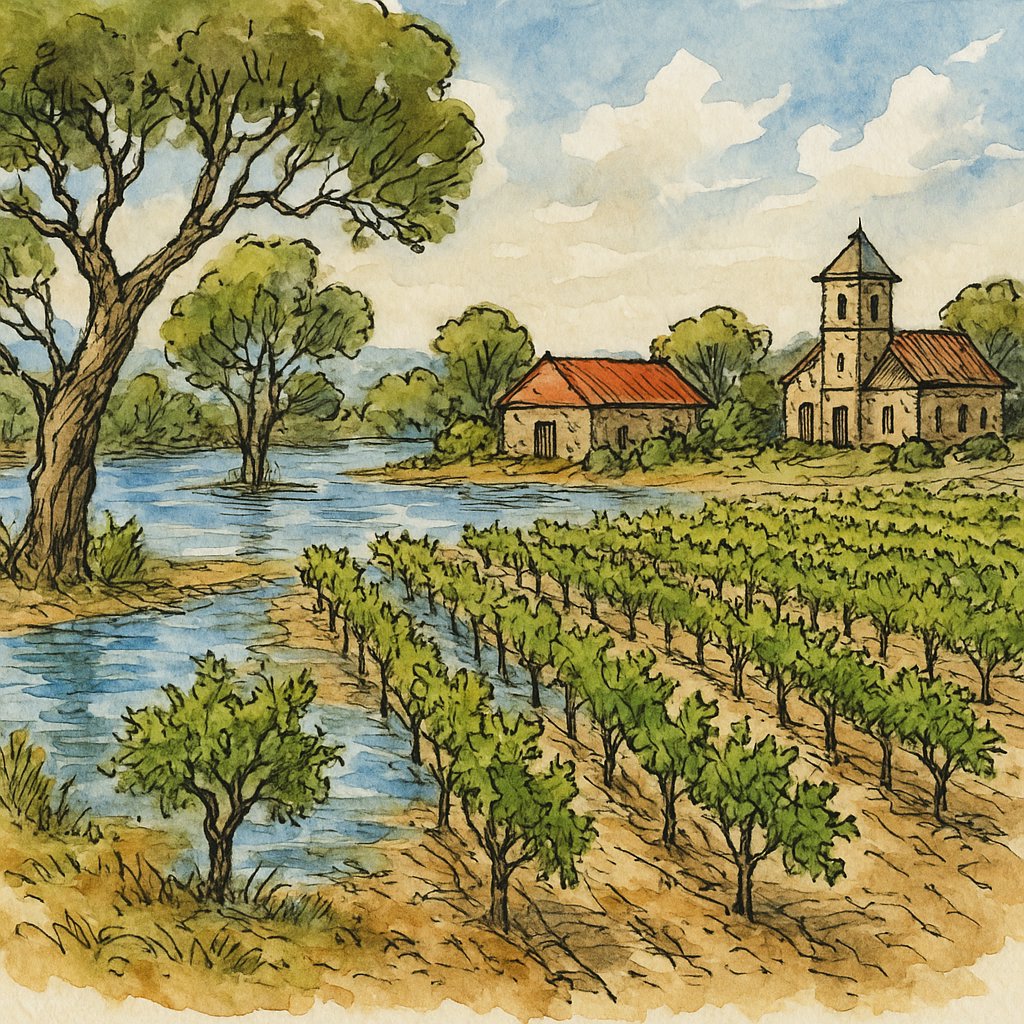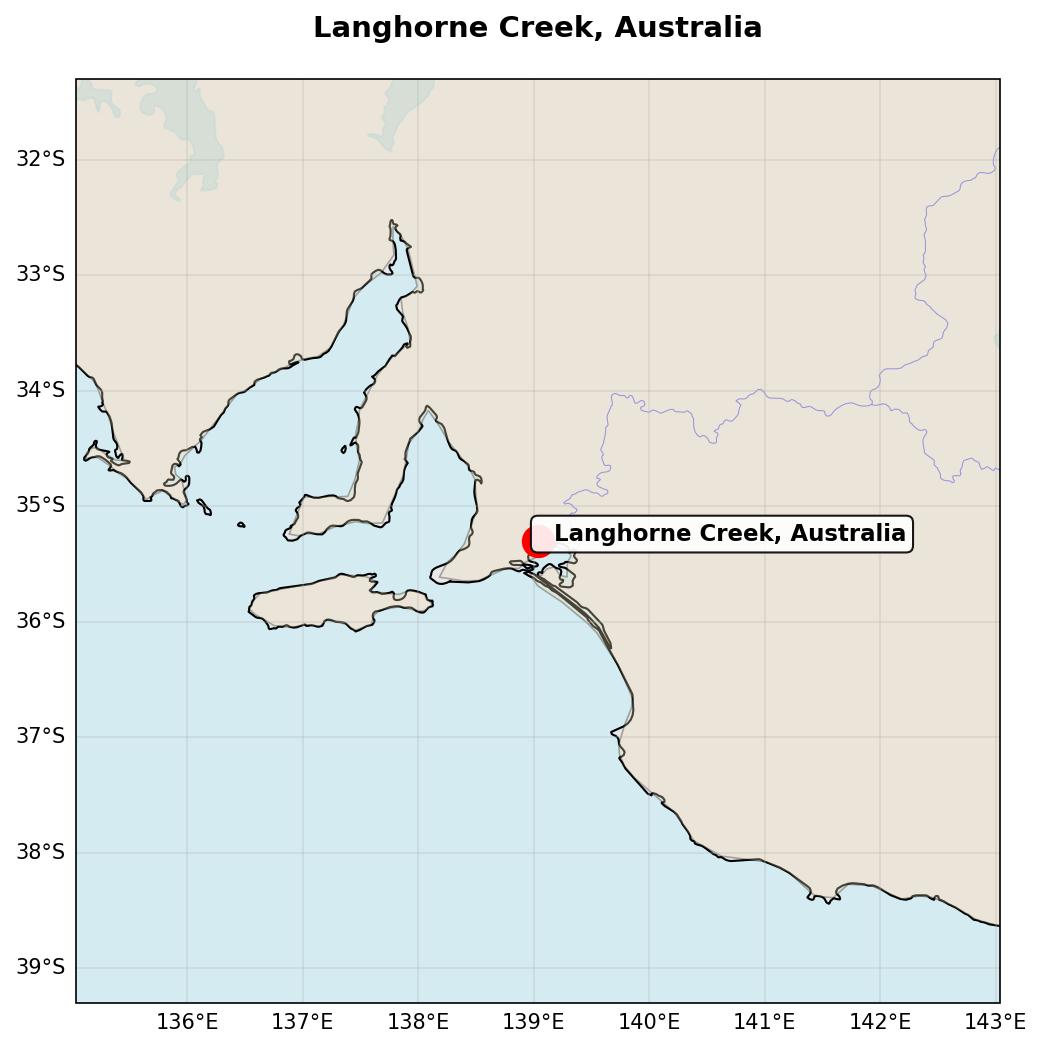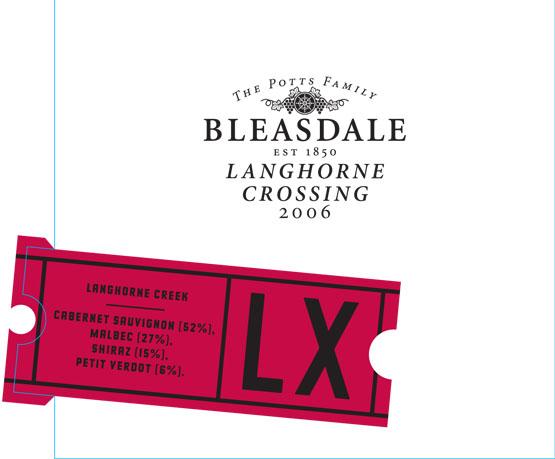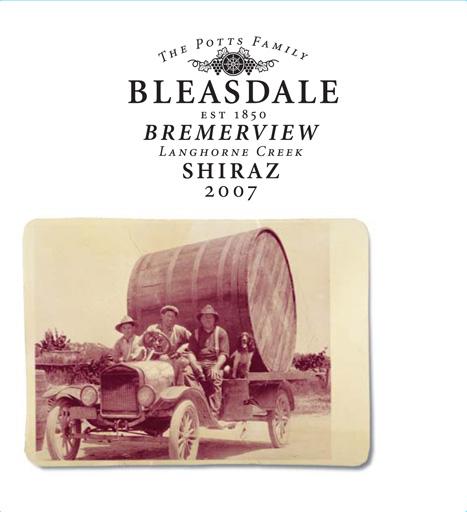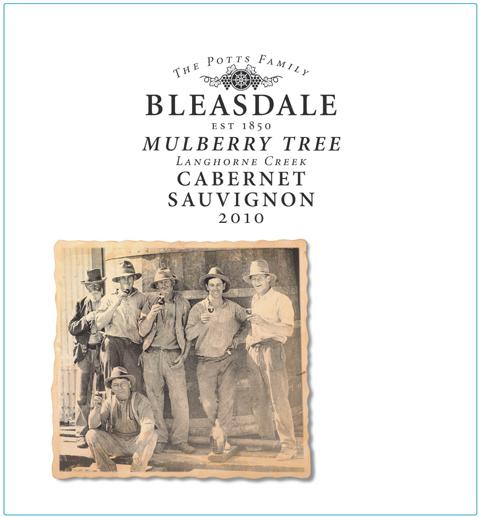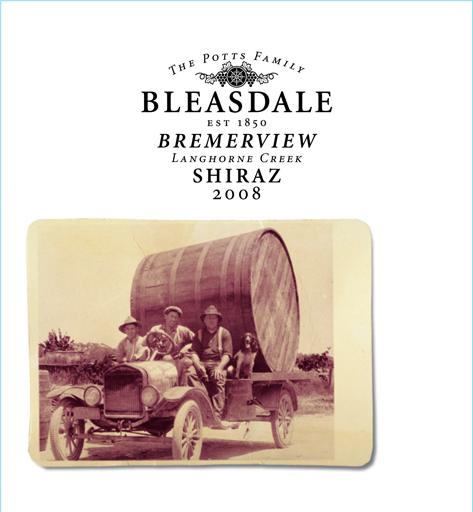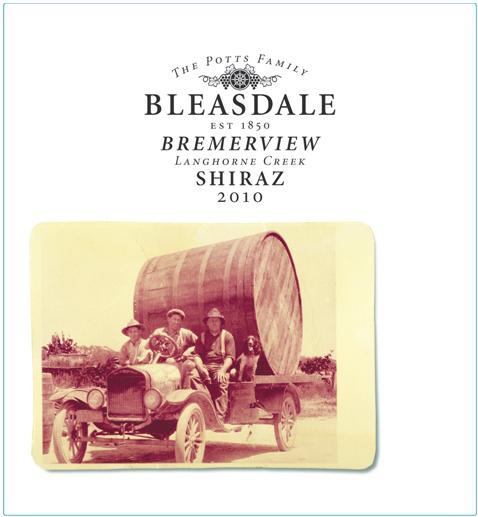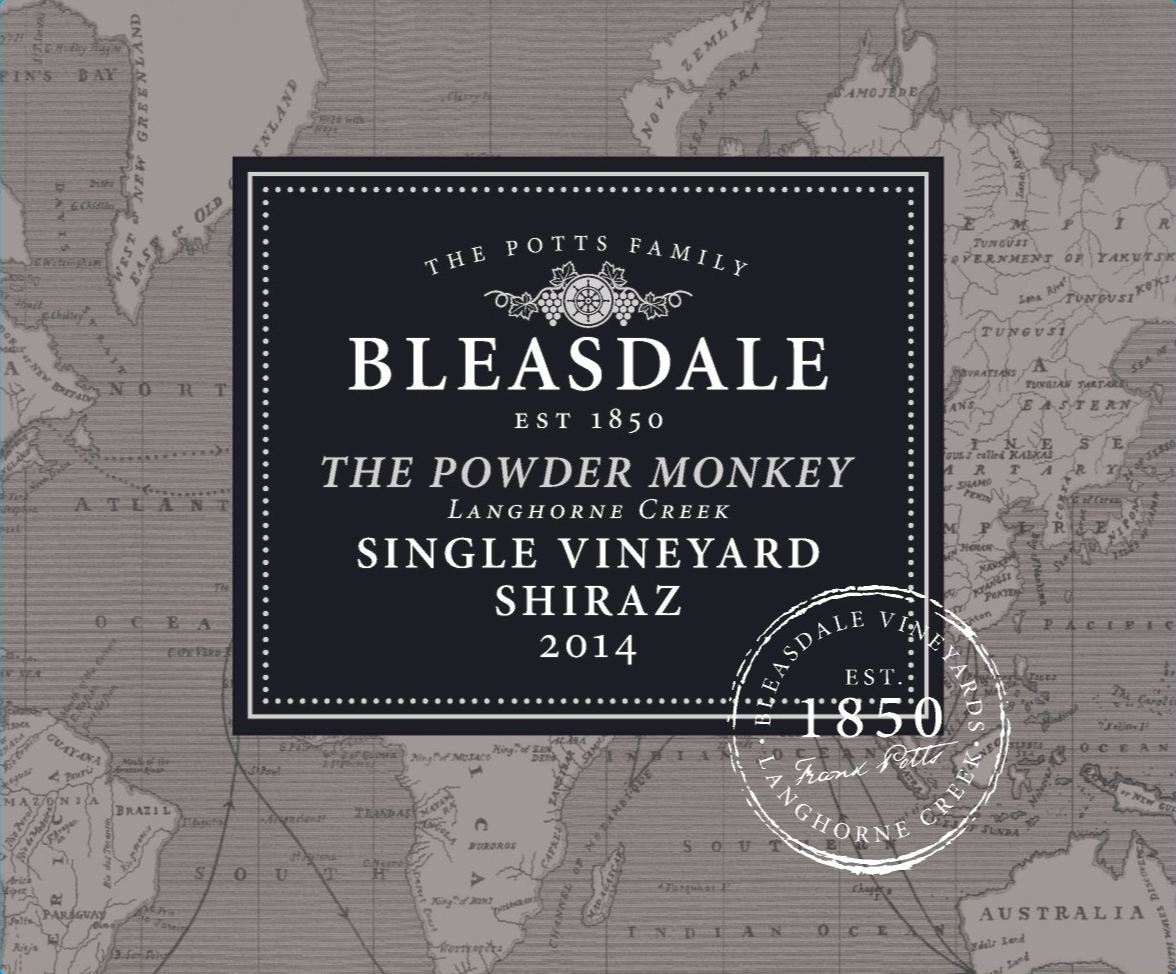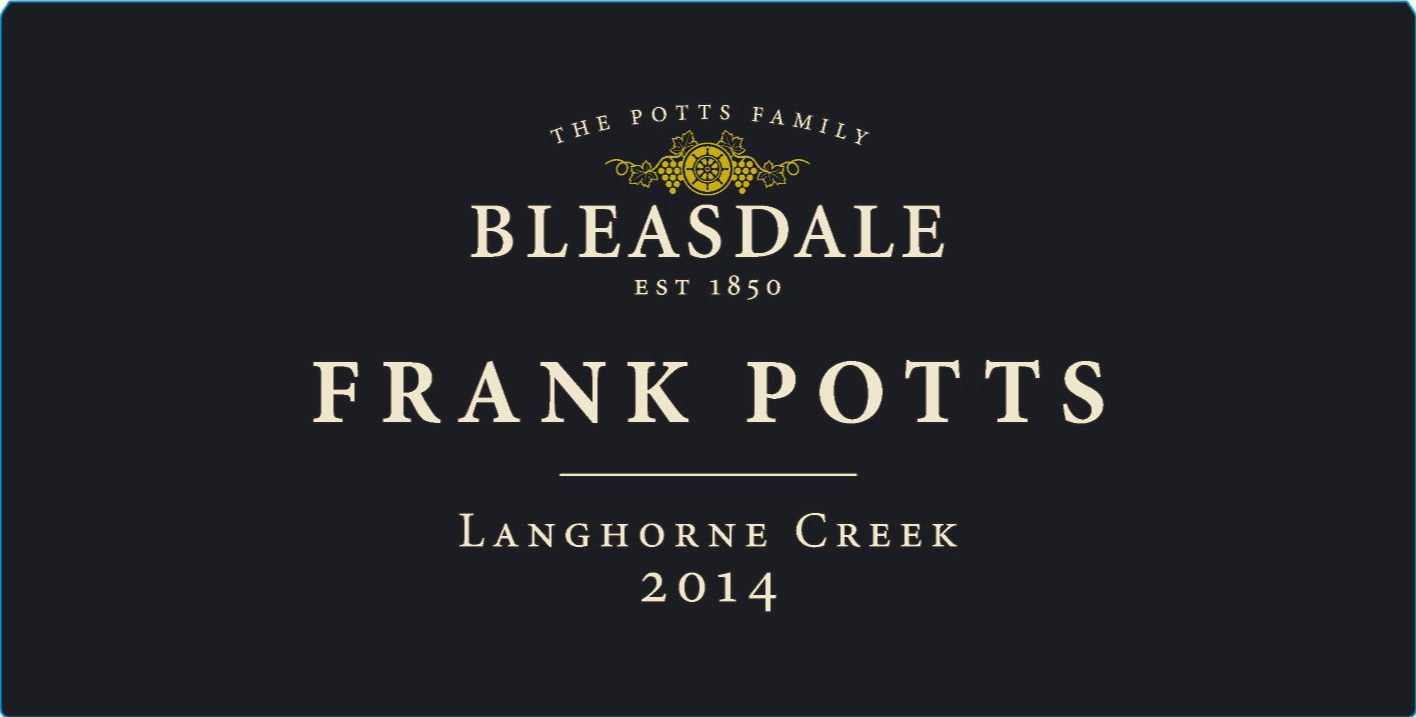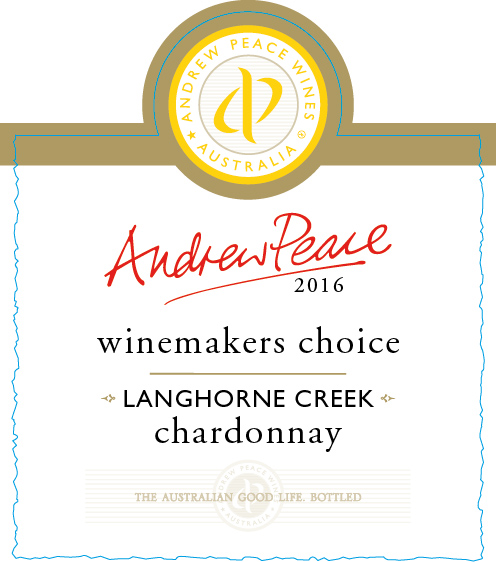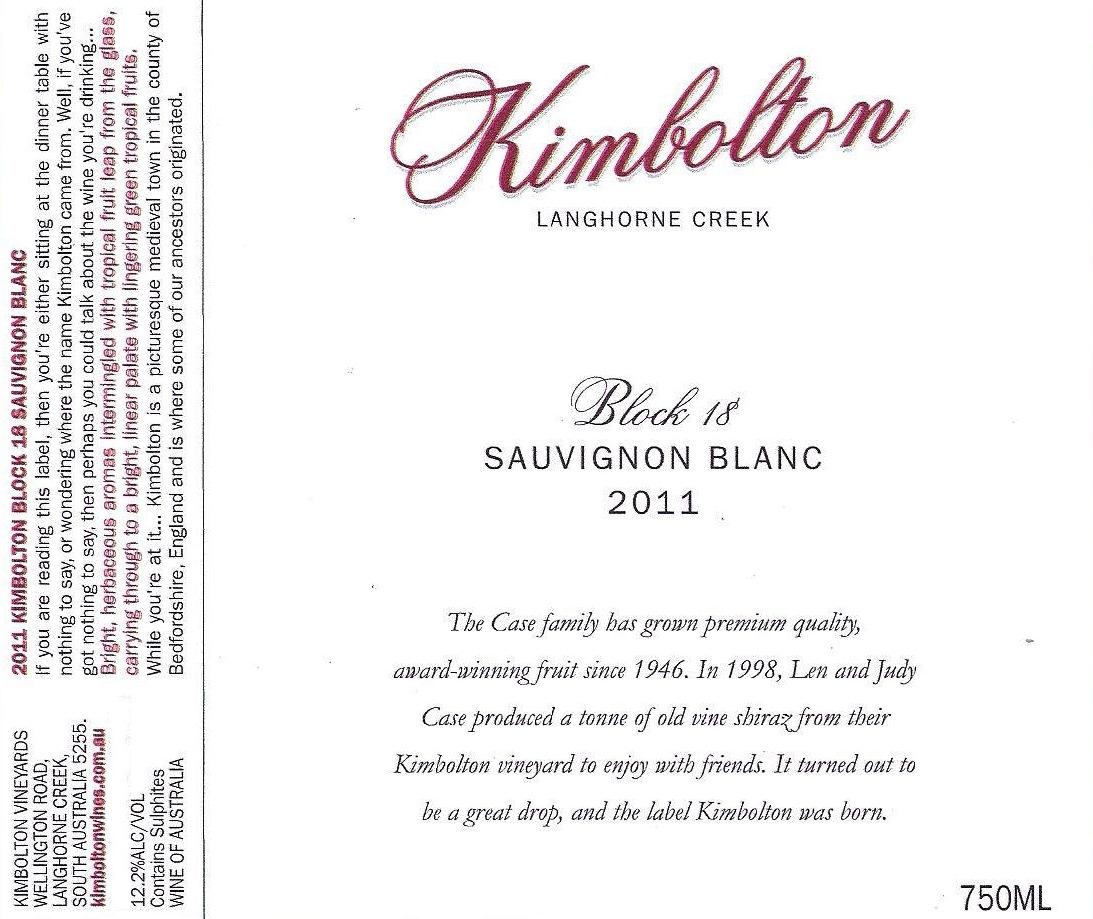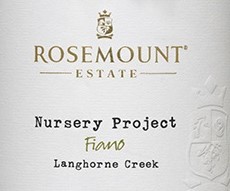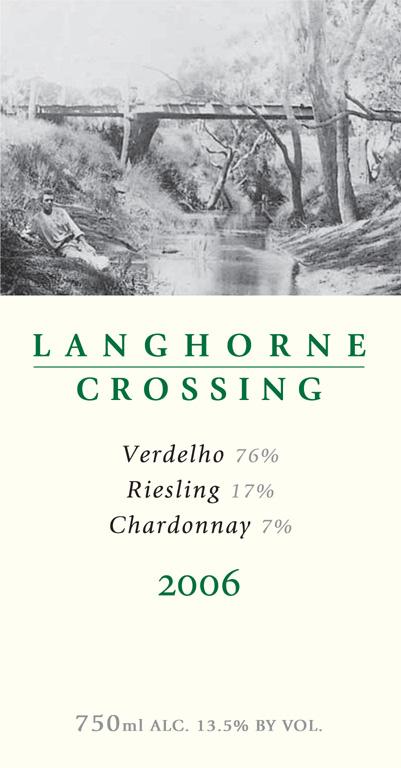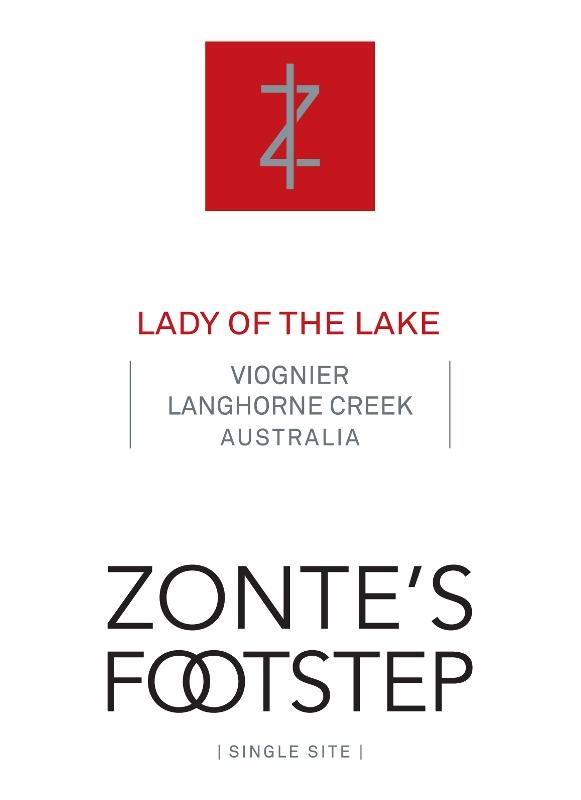Terroir of Langhorne Creek
Langhorne Creek's terroir is shaped by its Mediterranean climate, which features long, warm, dry summers and mild winters. This climate results in little rainfall during the growing season, making irrigation crucial for healthy vines. The area benefits from cool breezes over Lake Alexandrina, which help manage temperatures and support a balanced ripening period, preserving the grapes' aroma and freshness.
The vineyards thrive on two main soil types: deep, fertile clay-loams on the floodplains and well-draining calcareous sandy loams on higher terraces. These unique soils add to the rich fruit character and smooth texture of the wines. The mostly flat landscape, standing at under 70 meters above sea level, ensures consistent sunlight exposure and boosts the maritime influence, making Langhorne Creek perfect for producing bold Shiraz and smooth Cabernet, among other varieties.
Notable Wineries in Langhorne Creek
Nestled in South Australia, Langhorne Creek is renowned for its vibrant winemaking culture, with some notable wineries leading the charge. Here are a few highlights:
- Bleasdale Vineyards: Established in 1850 by Frank Potts, this is the region's oldest winery, celebrated for its Shiraz, Cabernet, Malbec, and Verdelho, as well as its fortified wines.
- Bremerton Wines: A family-owned estate known for its high-quality Shiraz, Cabernet, and Merlot, emphasizing purity and balance.
- Lake Breeze Wines: A family-run winery famous for its innovative approach, producing rich Malbec and Shiraz, and hosting community-focused events.
Langhorne Creek offers a unique blend of tradition and innovation, with around 15–20 cellar doors inviting visitors to explore both established and boutique wineries.
Sustainable Winemaking in Langhorne Creek
Langhorne Creek in South Australia is at the forefront of sustainable winemaking, with many vineyards participating in regional and national sustainability programs. These vineyards are adopting organic methods, using cover crops, and reducing synthetic inputs to enhance soil health and biodiversity. Water management is key; traditional flood irrigation has given way to efficient drip systems and water recycling practices, preserving this vital resource.
Renewable energy, heat-exchange technology, and gravity-flow designs are becoming standard, while organic by-products are repurposed as compost or animal feed. Lightweight or recycled packaging materials further reduce environmental impact. By preserving native plants and promoting beneficial insects, local vineyards foster biodiversity. Community-led initiatives spread awareness and encourage best practices in soil care, water efficiency, and carbon management, making Langhorne Creek a leader in sustainable viticulture.
Wine Tourism in Langhorne Creek
Langhorne Creek is a captivating wine tourism destination that blends tradition with nature. Just an hour from Adelaide, visitors can embark on self-guided trails connecting to welcoming cellar doors, where family-run tasting rooms offer a personal touch. The region excels in pairing local wines with culinary delights, showcasing regional ingredients through themed events and seasonal dishes.
Beyond wine, nature enthusiasts can enjoy outdoor activities near Lake Alexandrina, including birdwatching and picnicking with stunning views. The area is vibrant with cultural events like seasonal markets and harvest festivals, offering a glimpse into the local community and its winemakers.
For extended visits, accommodations range from cozy bed-and-breakfasts to farmstays, often with picturesque vineyard views. Langhorne Creek's proximity to the Fleurieu Peninsula allows for broader explorations, including coastal towns, further enriching the wine and nature experience.
